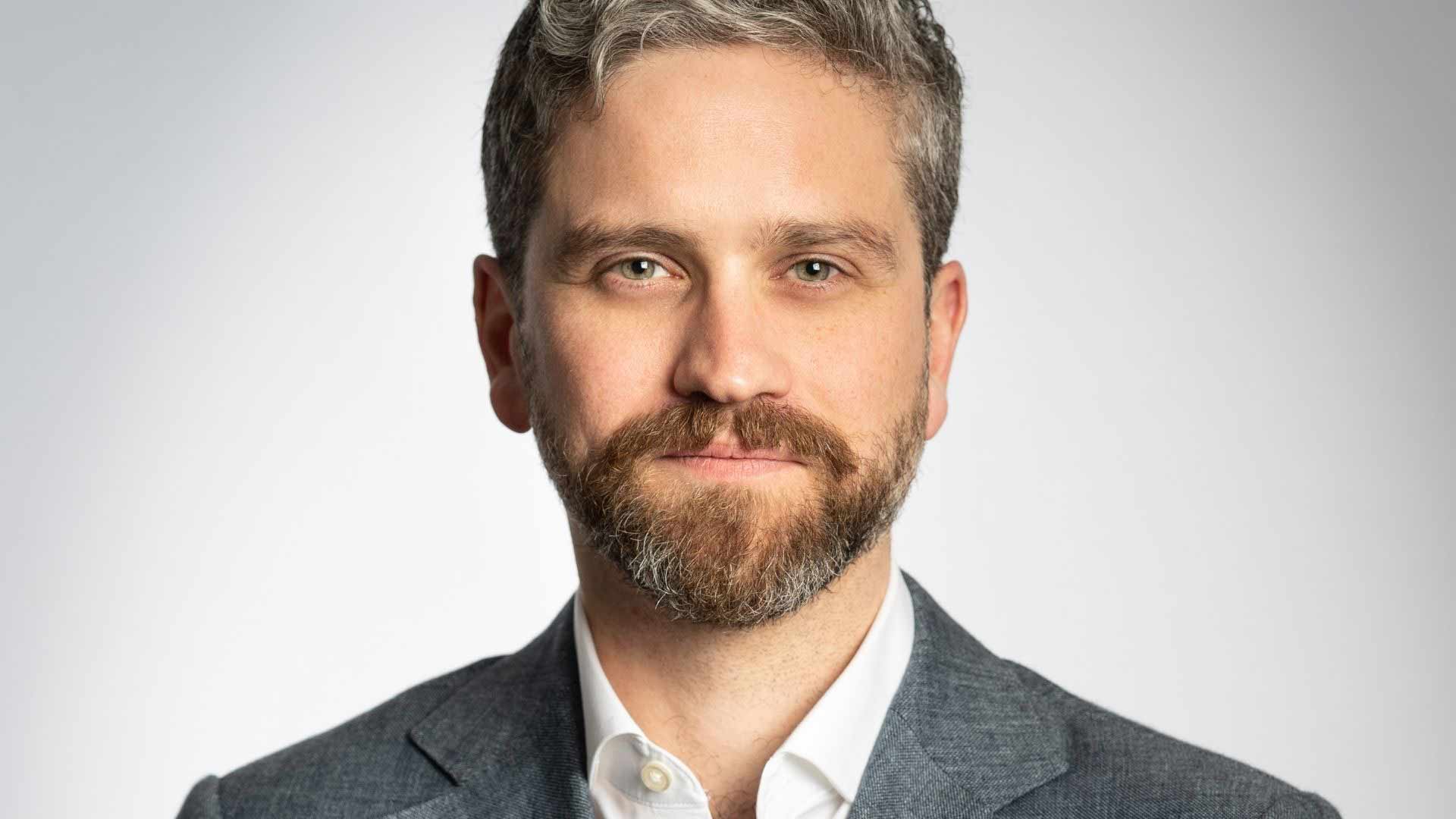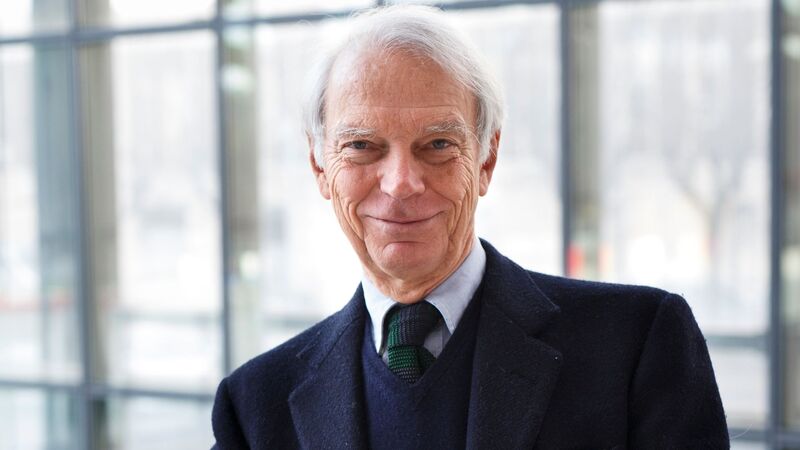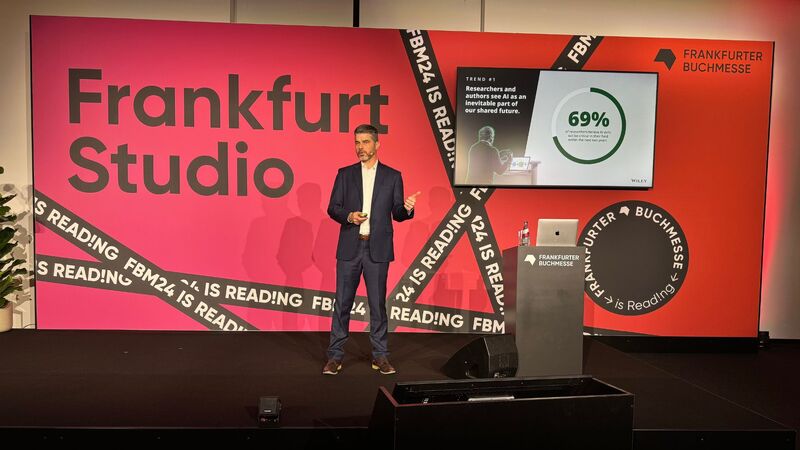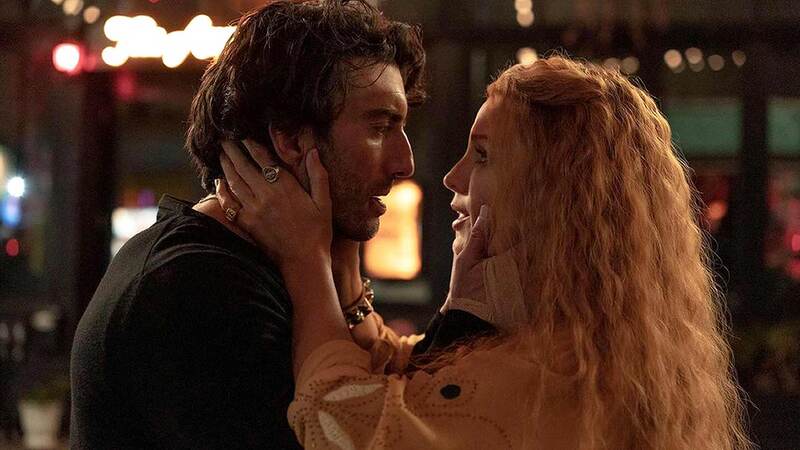You are viewing your 1 free article this month. Login to read more articles.
Government launches AI consultation running until February 2025
The government has launched an open consultation on proposals to give creative industries and Artificial Intelligence (AI) developers clarity over copyright laws.
The new proposals seek to bring legal certainty to creative and AI sectors over how copyright protected materials are used in model training, “supporting innovation and boosting the growth of both sectors crucial to our Plan for Change”, the government said.
The package of proposals aims to give creators greater control over how their material is used by AI developers, and enhance their ability to be paid for its use, seek greater transparency from AI firms over the data used to train models alongside how AI-generated content is labelled. The consultation will run for 10 weeks, closing on 25th February 2025.
The government said: “Supporting the UK Government’s Plan for Change, the move will help drive growth across both sectors by ensuring protection and payment for rights holders and supporting AI developers to innovate responsibly.
“Both sectors are central to the government’s Industrial Strategy, and these proposals aim to forge a new path forward which will drive growth. Key areas of the consultation include boosting trust and transparency between the sectors, so rights holders have a better understanding of how AI developers are using their material and how it has been obtained.
“Currently, uncertainty about how copyright law applies to AI is holding back both sectors from reaching their full potential. It can make it difficult for creators to control or seek payment for the use of their work, and creates legal risks for AI firms, stifling AI investment, innovation and adoption. After previous attempts to agree a voluntary AI copyright code of practice proved unsuccessful, this government is determined to take proactive steps with our creative and AI sectors to deliver a workable solution.”
To address this, the consultation proposes introducing an exception to copyright law for AI training for commercial purposes while allowing rights holders to reserve their rights, so they can control the use of their content. “Together with transparency requirements, this would give them more certainty and control over how their content is used and support them to strike licensing deals,” the government said. “This would also give AI developers greater certainty about what material they can and cannot use and ensure wide access to material in the UK.”
The government conceded that “before these measures could come into effect, further work with both sectors would be needed to ensure any standards and requirements for rights reservation and transparency are effective, accessible and widely adopted”. This would allow “for smooth application” by AI developers and right holders alike, ensuring rights holders of all sizes can reserve their rights and that any future regime delivers our objectives.
The consultation also proposes new requirements for AI model developers to be more transparent about their model training datasets and how they are obtained. For example, AI developers could be required to provide more information about what content they have used to train their models. This would enable rights holders to understand when and how their content has been used in training AI.
Secretary of state for science, innovation and technology, Peter Kyle, said: “The UK has an incredibly rich and diverse cultural sector and a groundbreaking tech sector which is pushing the boundaries of AI. It is clear that our current AI and copyright framework does not support either our creative industries or our AI sectors to compete on the global stage.
“This is all about partnership: balancing strong protections for creators while removing barriers to AI innovation; and working together across government and industry sectors to deliver this.”
Continues…
Secretary of state for culture, media and sport, Lisa Nandy, said: “This government firmly believes that our musicians, writers, artists and other creatives should have the ability to know and control how their content is used by AI firms and be able to seek licensing deals and fair payment. Achieving this, and ensuring legal certainty, will help our creative and AI sectors grow and innovate together in partnership.
“We stand steadfast behind our world-class creative and media industries which add so much to our cultural and economic life. We will work with them and the AI sector to develop this clearer copyright system for the digital age and ensure that any system is workable and easy-to-use for businesses of all sizes.”
Dan Conway, chief executive of the Publishers Association, said: “We welcome this consultation and look forward to representing publishing’s views in the strongest possible terms in the coming weeks. This is a generationally important moment for the creative industries and a real opportunity for the government to get the fundamental legal underpinnings right to support AI innovation in a way that works for the economy and society, based on trustworthy, ethical and licensed content.
“AI is already proving transformative and has incredible potential to improve the way we conduct research, learn, and interact with content of all kinds. The way to get that right is to ensure that the content ecosystem, including publishers, is properly commercially incentivised to invest in high-value content and that rightsholders can retain their fundamental control of how and when a work is used.
“We see the government’s preferred package of measures outlined in this consultation as a genuine best effort by ministers at a compromise position between tech and the creative industries. We intend to engage fully and constructively with a view to publishing being part of an economy-wide policy solution. We do want to raise some concerns immediately, however, in that the measures being proposed are as yet entirely untested and unevidenced. There has been no objective case made for a new copyright exception, nor has a water-tight rights-reservation process been outlined anywhere around the globe. We need to fix the current situation, but that solution needs time and scrutiny, and a great deal is at stake.
“This may be a consultation about a seemingly technical bit of copyright law but its implications will be felt across society and the economy for many years to come.”
For more information, visit the consultation here.



















